October is Financial Planning Month, and whether you’re buying or selling a home, now is the perfect time to get your financial house in order. A real estate transaction can be one of the biggest financial moves you’ll ever make, so taking the time to prepare can save you stress and help you make the most of the opportunity. Whether you’re purchasing your first home, upgrading to your dream property, or selling to move on to your next adventure, having a solid financial plan will set you up for success. Here are key steps to help you prepare for your next real estate transaction:
1. Review Your Credit Score
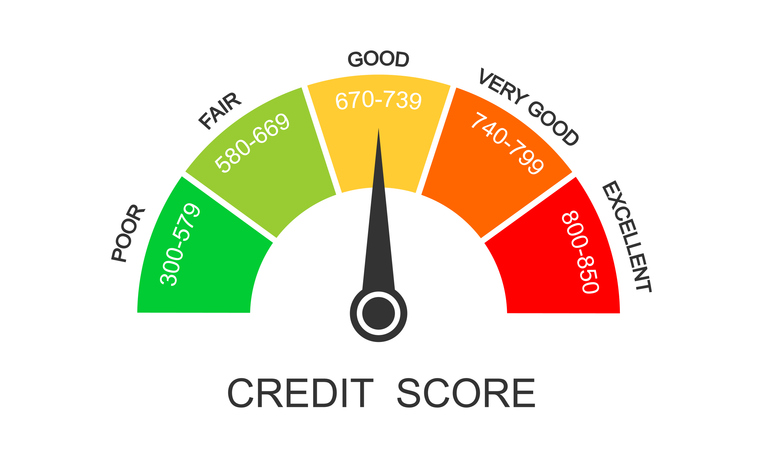
Your credit score is a critical factor in determining the mortgage rates you qualify for when buying a home. Lenders use it to assess your creditworthiness, which influences the interest rate on your loan. If you’re selling your home and planning to buy a new one, a strong credit score can help you secure better terms on a mortgage for your next property.
- How to prepare: Check your credit report for errors, pay down high-interest debt, and make sure you’re paying bills on time. Improving your credit score even by a few points can make a difference in the interest rate you receive.
2. Set a Realistic Budget

Understanding what you can afford is essential, whether you’re buying or selling. If you’re purchasing a home, knowing your budget helps narrow your search and prevents overspending. Sellers also need to know their next move and how much they can comfortably spend after selling their current property.
- How to prepare: Use a mortgage calculator to estimate monthly payments based on different home prices and interest rates. Factor in other costs, such as property taxes, homeowners insurance, and maintenance. For sellers, get a comparative market analysis (CMA) from your real estate agent to get an idea of what your home is worth and how much you can expect to make from the sale.
3. Save for a Down Payment and Closing Costs
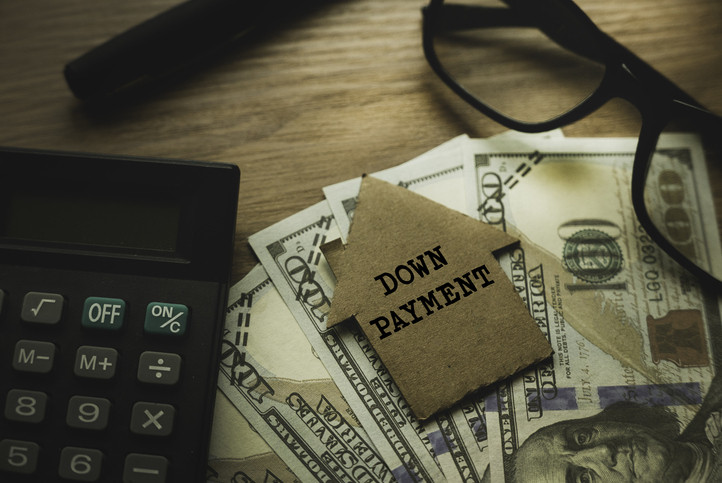
If you’re buying, saving for a down payment is one of the most important financial steps. Most conventional loans require a 20% down payment, but many programs allow lower down payments. However, the larger your down payment, the less you’ll need to borrow, and the lower your monthly payments will be.
Sellers, too, should consider the costs associated with selling, including closing costs, agent commissions, and potential repairs or upgrades needed to make the home more attractive to buyers.
- How to prepare: Set up a savings plan to reach your down payment goal. Additionally, prepare for closing costs, which can be 2-5% of the loan amount for buyers, and for sellers, these may include agent commissions, typically 5-6% of the sales price.
4. Get Pre-Approved for a Mortgage
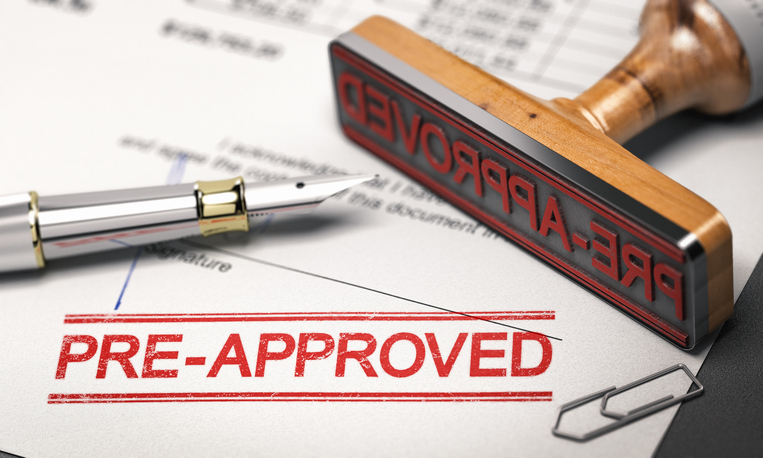
Getting pre-approved for a mortgage gives you a clear idea of how much home you can afford. It also signals to sellers that you are a serious buyer, which can give you a competitive edge in a hot market. Sellers, on the other hand, should be prepared to evaluate offers based on buyers’ pre-approval status.
- How to prepare: Start by gathering financial documents, such as recent pay stubs, tax returns, bank statements, and a list of your assets and debts. A lender will review these to pre-approve you for a loan.
5. Build an Emergency Fund
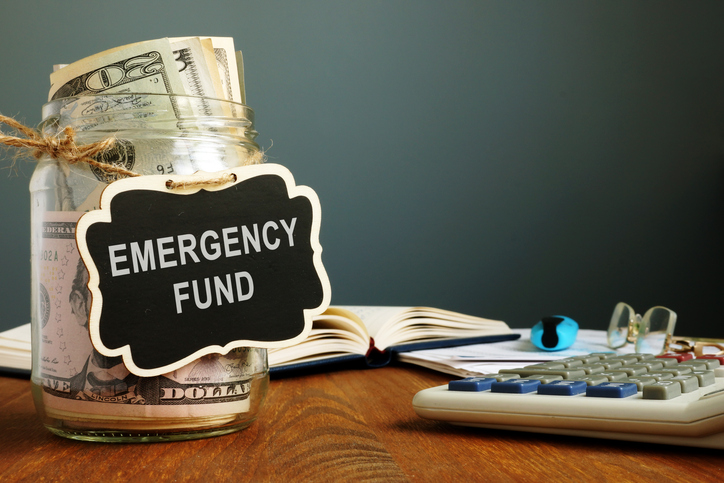
Unexpected expenses can arise when buying or selling a home, so having an emergency fund in place is crucial. Buyers may face unexpected repairs after moving in, while sellers might need to address last-minute fixes to close the deal.
- How to prepare: Aim to save 3-6 months’ worth of living expenses in a separate emergency fund. This will give you a financial cushion for any surprises during or after the real estate transaction.
6. Consider Long-Term Financial Goals
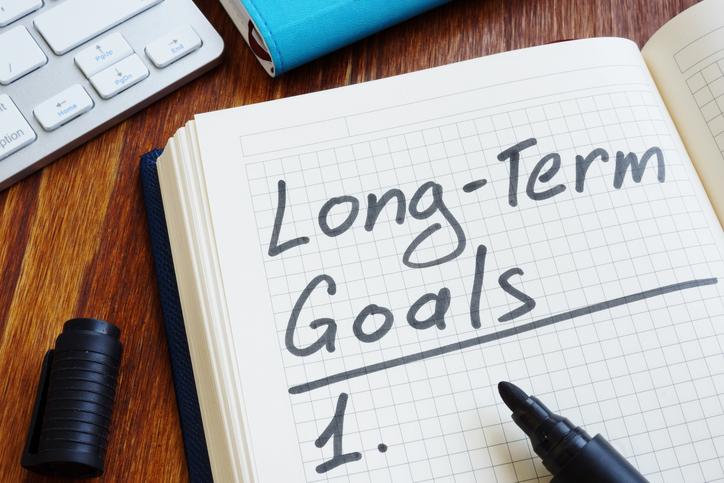
Before making any decisions, consider how buying or selling a home fits into your long-term financial goals. Are you looking for a starter home, a forever home, or an investment property? Sellers should think about whether downsizing, upgrading, or moving to a new location aligns with their future plans.
- How to prepare: Work with a financial advisor or real estate agent to assess how your real estate decisions impact your broader financial picture. They can help ensure that your next move aligns with your goals, whether it’s building equity, growing your investment portfolio, or simplifying your lifestyle.
7. Work with a Trusted Real Estate Agent

A knowledgeable real estate agent can guide you through the financial aspects of buying or selling a home. They’ll help you understand the current market conditions, negotiate the best deal, and ensure that the entire process runs smoothly.
- How to prepare: Interview multiple agents to find one who understands your goals and has experience in your target market. A good agent will be a valuable partner in helping you make informed financial decisions.
Final Thoughts
Financial Planning Month is the perfect time to take control of your finances and prepare for a successful real estate transaction. By reviewing your credit, setting a budget, saving for costs, and working with professionals, you’ll be well-positioned to navigate the real estate market with confidence. Whether you’re buying your first home or selling to move on to the next chapter, a strong financial foundation is key to achieving your goals.


